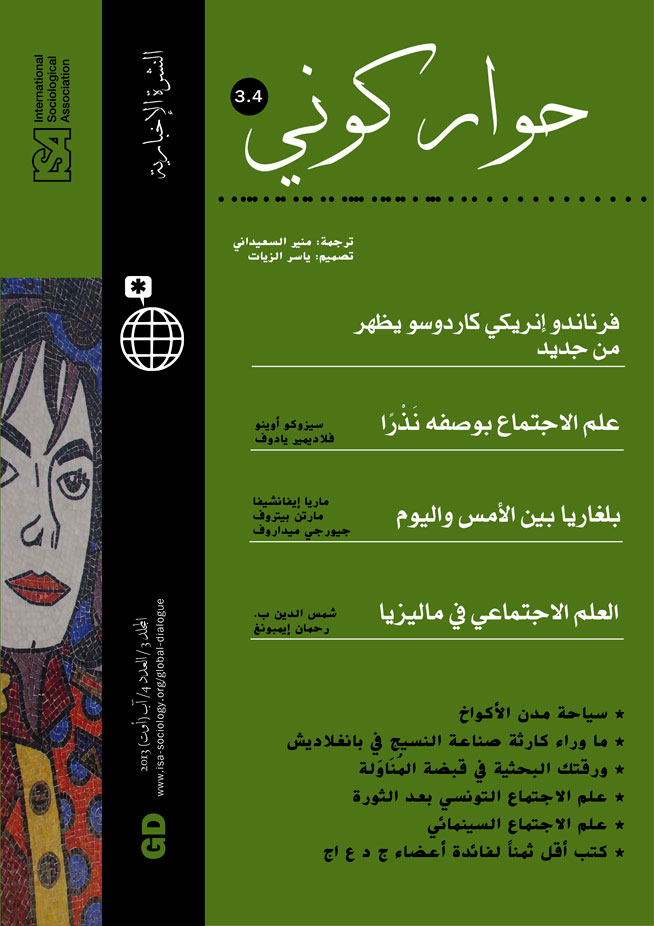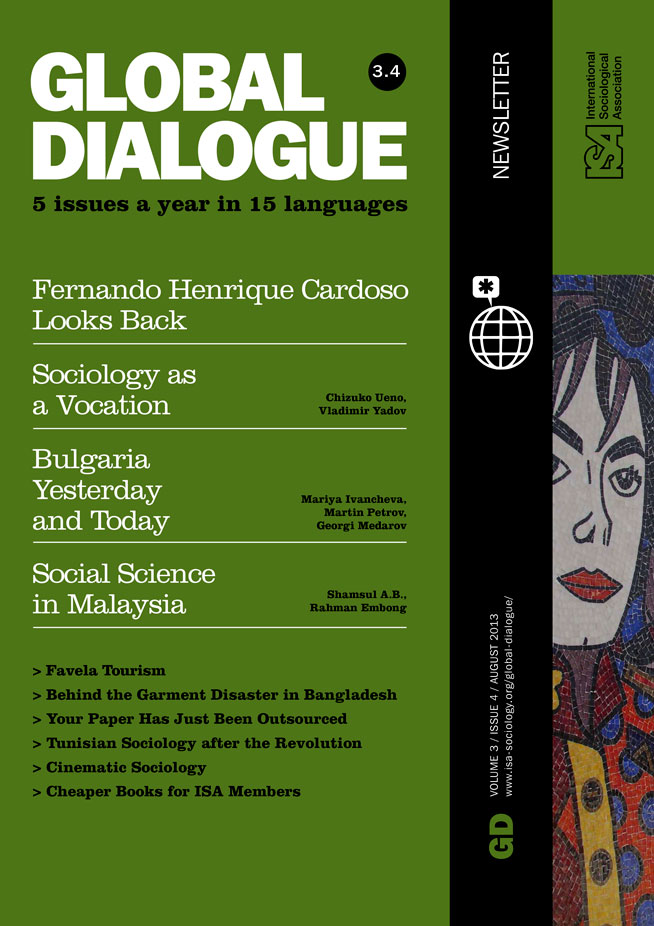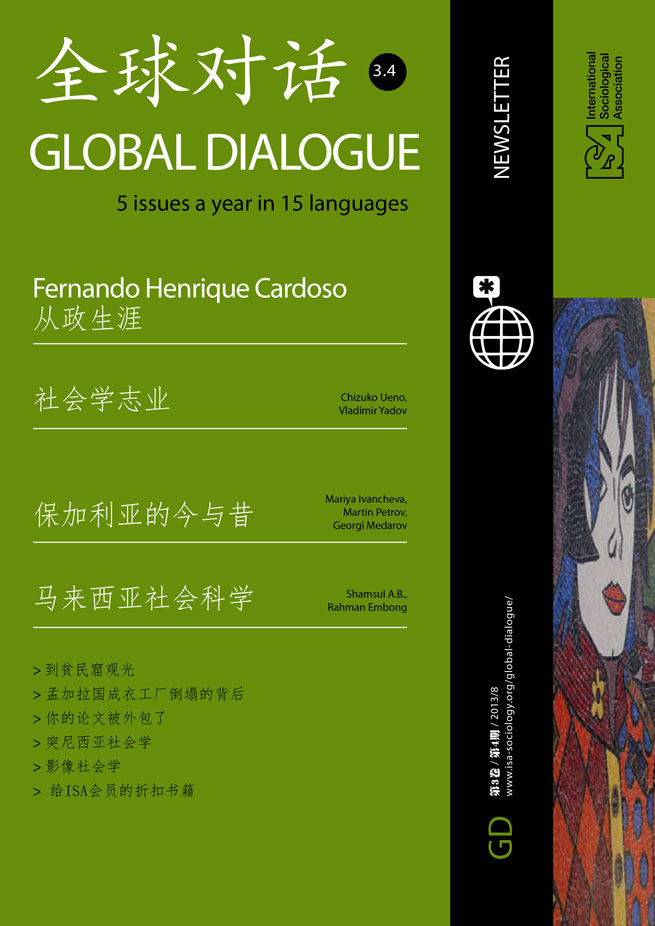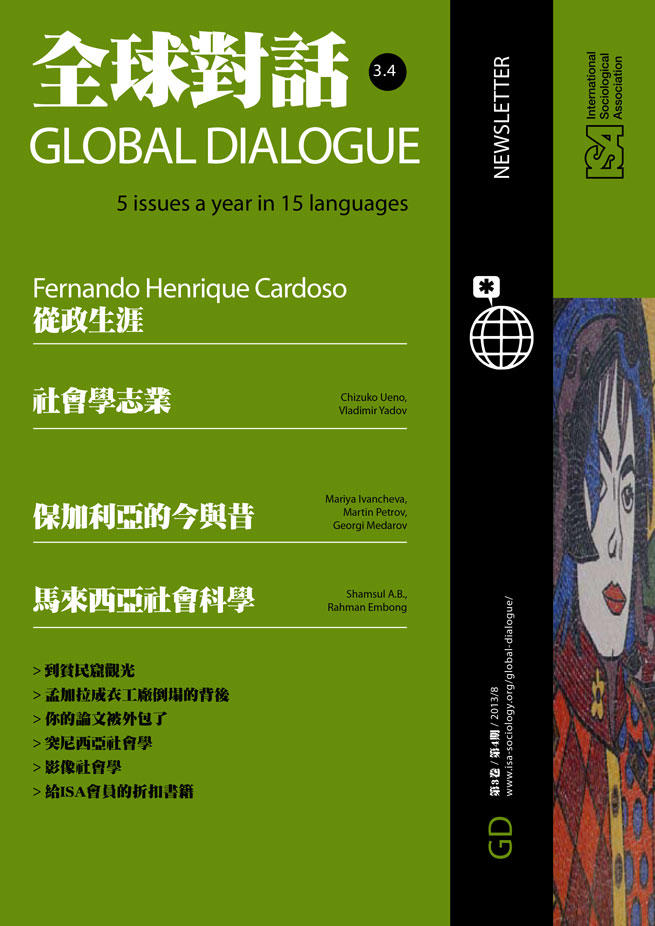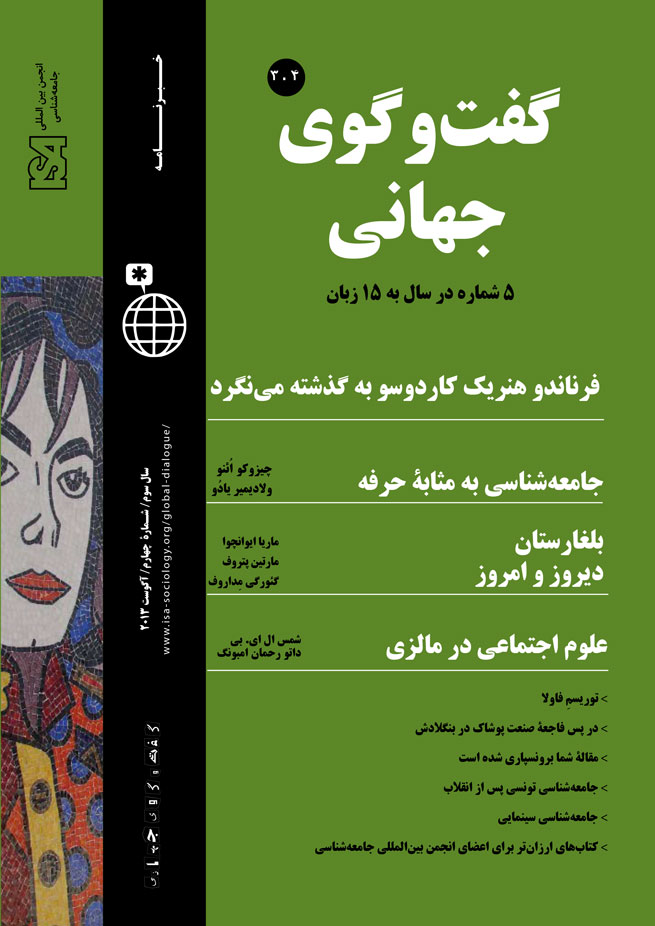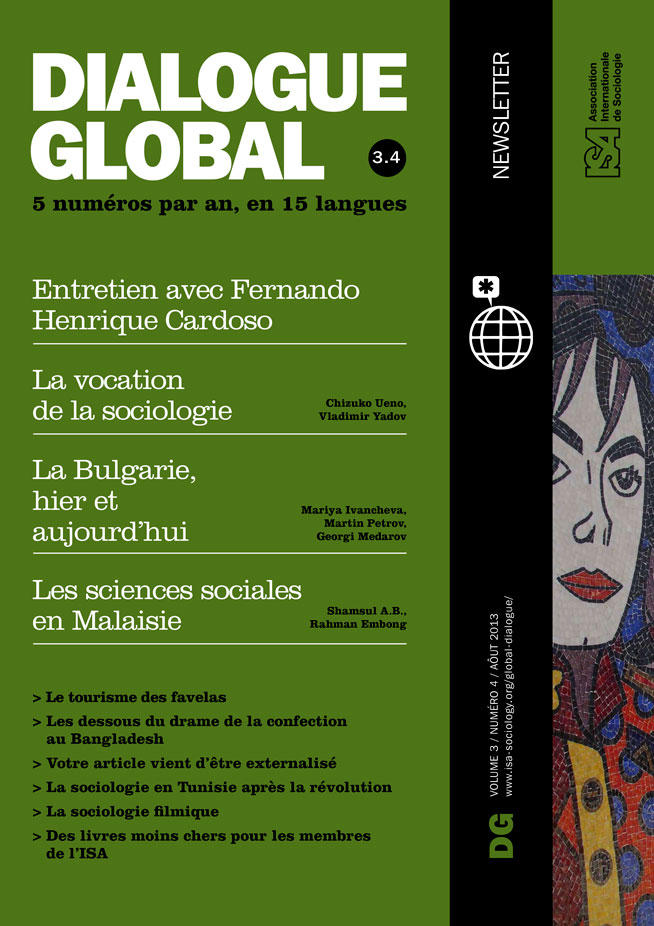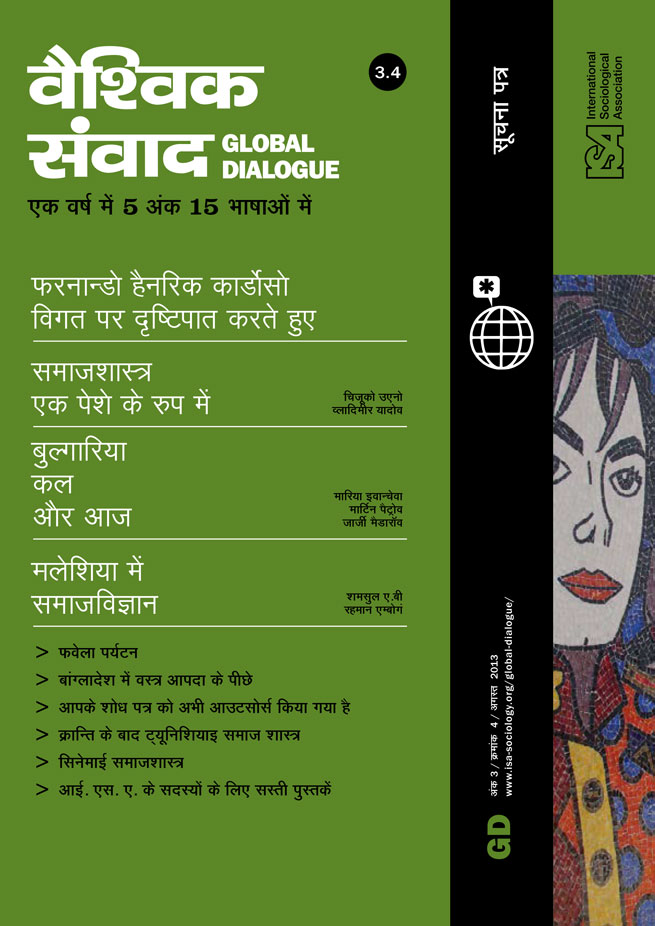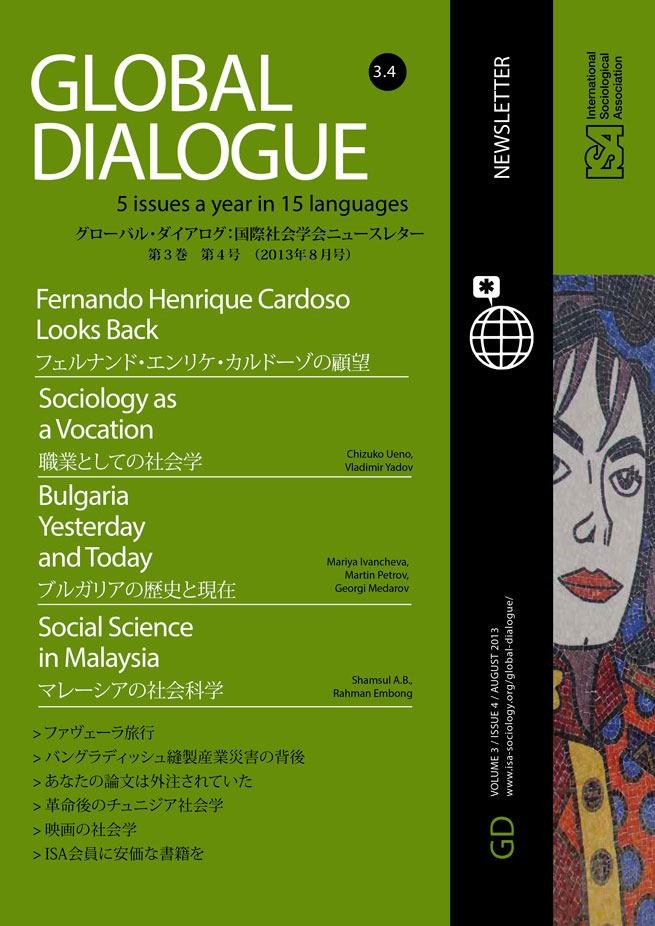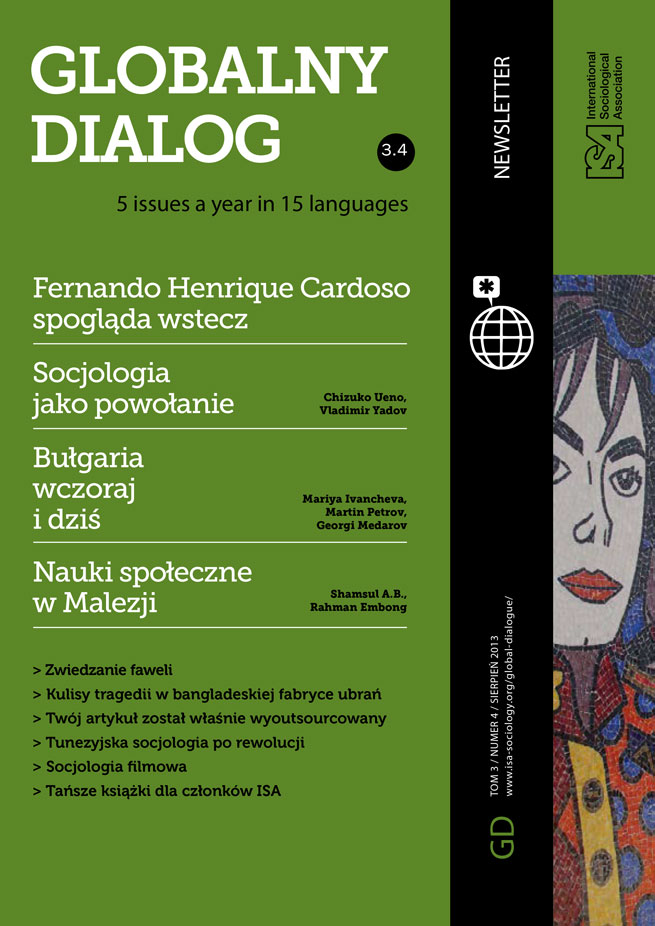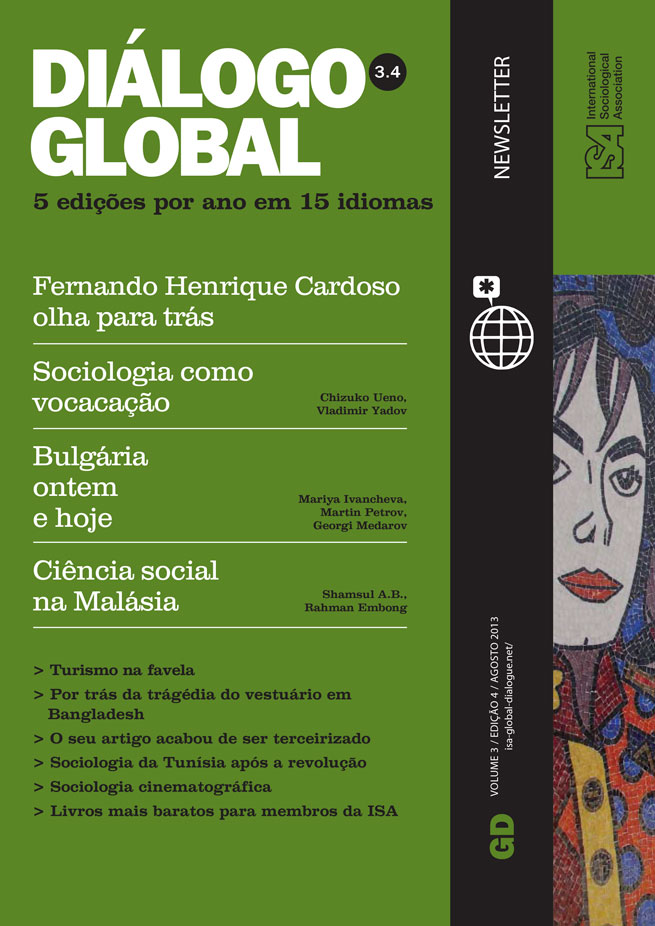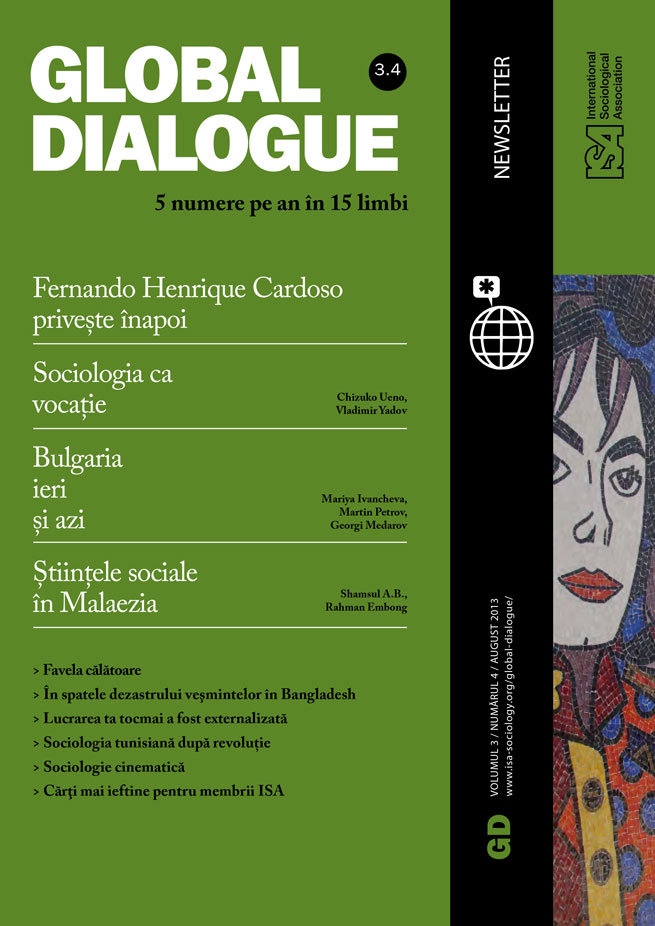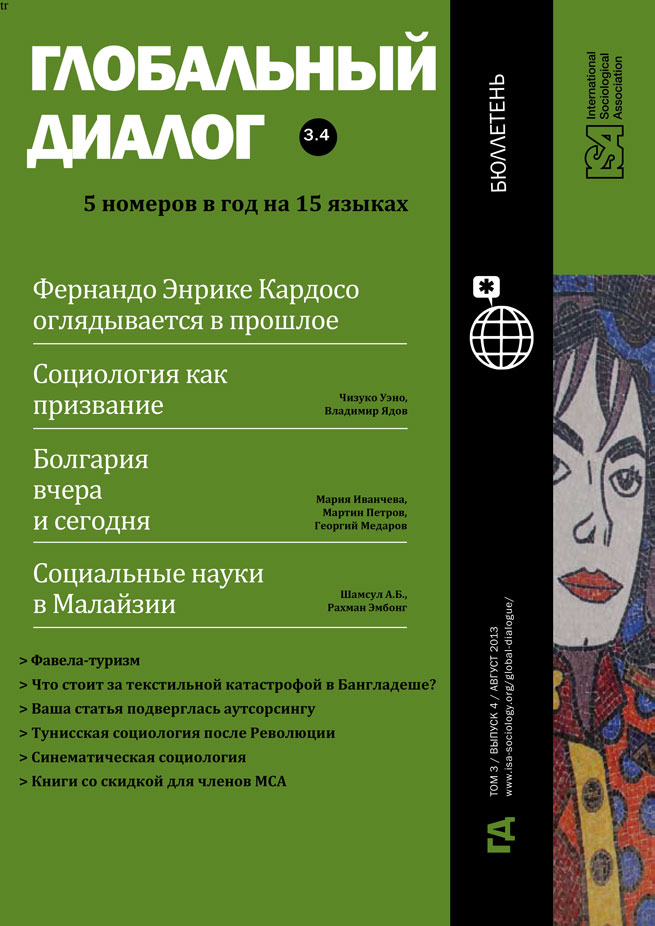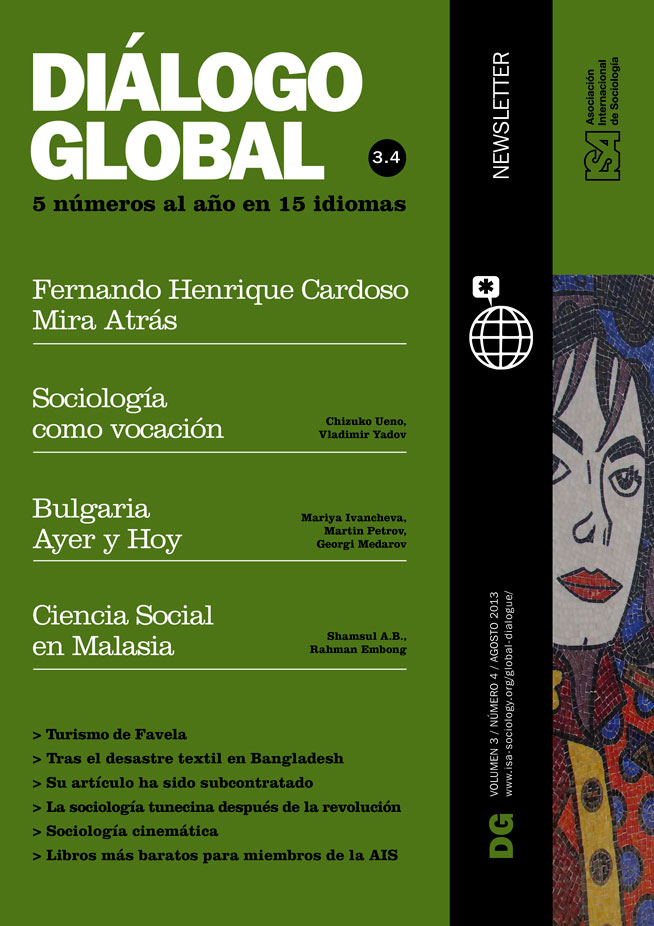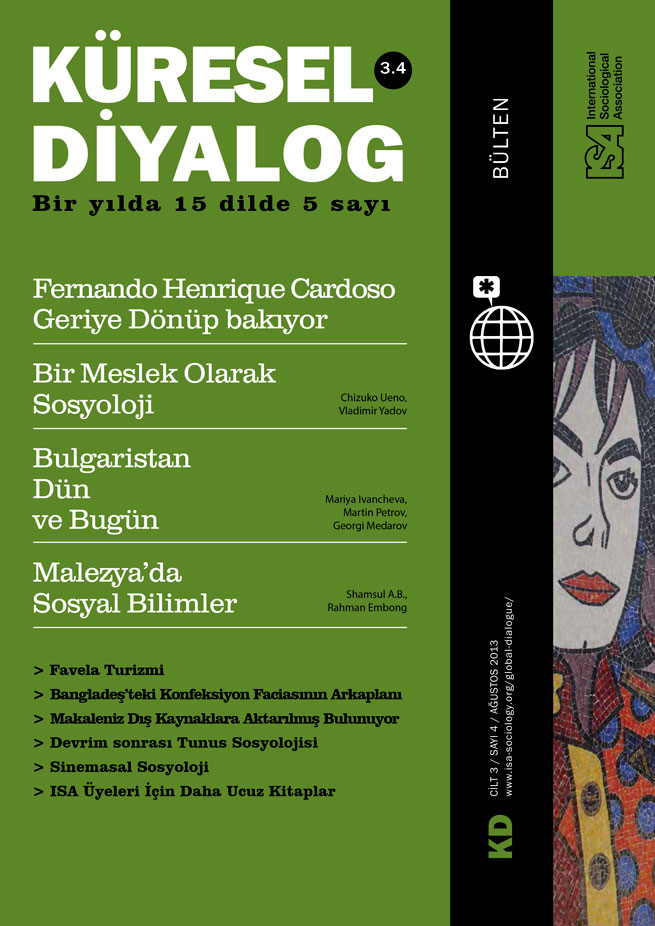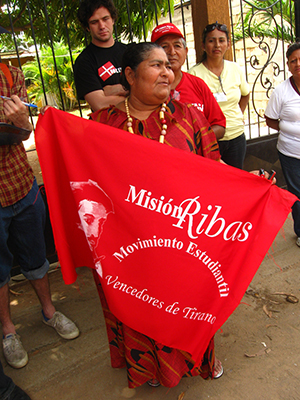Read more about Bulgaria Yesterday and Today
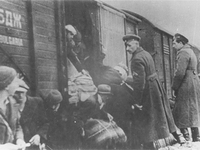
Bulgaria’s Postcommunist Debate about the Holocaust
by Georgi Medarov
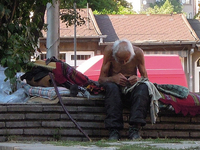
Tall Tales from Sofia’s Streets
by Martin Petrov
August 17, 2013
While studying in London in 2004, I attended a meeting for solidarity with Venezuela that focused on the Bolivarian educational reforms. The guest lecturer, Venezuelan educator Oscar Negrin, started by saying: “In Venezuela instead of making children memorize abstract terms, we teach them the most important words – ‘mother,’ ‘peace,’ ‘Chávez’.” My heart pulse quickened as I recalled an episode from my school days in socialist Bulgaria. Rehearsing for a class concert our teacher, comrade Toneva, asked me to hold the hand of my mother and recite a poem saying “the best mother in the world / is the Party-heroine.” I did not know who the Party was. I only knew that the best mother in the world was my mother and told this to my teacher. After a moment of tense silence, she changed my poem, and a year later in 1989 asked us to forget “comrade” and call her “Missis.” Back in London, I walked out of the hall: Negrin and his audience saw the back of the child from the classroom in 1988, the girl who, in the early rallies of the democratic transition, had jumped, because – as the popular refrain went – “those who don’t jump, they are red.” While walking out of that Venezuelan solidarity meeting two feelings were fighting inside me: the satisfaction that I followed the anti-communist standards of my family and the Bulgarian academy, and the concern that I judged the end of socialism prematurely and perhaps too positively.
Today, after one and a half year of fieldwork on the higher education reform in Venezuela, I know how superficial my satisfaction was and how justified – my concern. I came to this topic not as a cure to my anti-communism. I was intrigued by a peculiar contrast between two universities established by former opposition intellectuals in the aftermath of a regime change from socialism to liberal democracy (Eastern Europe) and vice versa (Venezuela). The Central European University (CEU), where I was doing my doctoral studies, was founded in 1991 by millionaire George Soros, Eastern European dissidents and Western liberal intellectuals. An English-language private graduate school, it exposed local intellectual traditions as fascist/ ethno-nationalist or totalitarian/ communist. It educated its target students – “the new post-socialist elites” – in the “universal” values of Western liberal democracy and Anglo-American science.
By contrast the Bolivarian University of Venezuela (UBV) – the subject of my PhD dissertation – was designed by President Hugo Chávez and a field of socialist intellectuals. It was inaugurated in 2003 after the attempted coup d’etat against the Bolivarian regime of Chávez and the strike of highly-skilled petrol industry workers. Staged with the financial aid of the US Pentagon, these two events showed Chávez’s policies of redistribution of the oil rent were intolerable to the Venezuelan pro-American elite who had a monopoly of knowledge over the working of the rentier economy. To counter this domination, as part of the higher education policy Misión Sucre, UBV offered equitable, decentralized mass higher education to over half a million poor Venezuelans. It was imbued with the values of local situated knowledge, interdisciplinarity, and applied public science for the benefit of marginalized communities.
I went to Caracas with the acute awareness that being from Bulgaria and from CEU, I would become suspicious of the authorities: a fear which felt justified when I heard at the first public lectures I audited at UBV that the CEU was a “fascist” institution “training spies of the CIA”. It took me less than a month, however, to realize Venezuela was not a “totalitarian regime” and I was not being spied on. I had come to a country with free elections where commercial media were openly showering abuses against the democratically elected government. Exposed to the anti-elitist rhetoric and inclusive educative practice of my informants – socialist intellectuals, members of Venezuelan student movements during the “liberal democracy” (1958-1998) – I soon realized the source of my prejudices. I was a product of the Bulgarian and Eastern European post-socialist academy: an elitist and wannabe elite establishment, which embraced uncritically Western values. In a permanent feat of self-colonization Bulgarian intellectuals, sociologists included, understood the academy as a safe heaven from which they could collectively experience and express shame of their “uncivilized” compatriots in a “backward” country. Respectively, higher education was based on a not-even-hidden curriculum championing “good” against “bad” students with no mention of, let alone struggle against, the class inequalities that caused these differences. The determination to follow Western norms, citation indices, and rankings went together with the insistence on “objective” science that stigmatized commitment as “ideological”, unless it served the free market.
While I embraced the principles of UBV, I was realizing its challenges and attendant contradictions. Even though the “end of history” – the final victory of liberal democracy over socialism – was declared in 1989 in Eastern Europe, in Venezuela the Cold War was far from over. Against the historical experience of Chile in 1973, the Cuban embargo, and the threat of a new coup d’etat in Venezuela, the government could not use coercion to advance reform. University education was highly affected. The academic autonomy, defended by the Venezuelan student Left in bloody battles throughout the twentieth century, was now ironically used by their antagonists. Resisting reform at the old public universities and denying recognition to the new “Bolivarian” ones, conservative academics helped recreate the former stratification on a new level. Budgets and accreditation were still decided by official bodies, dominated by them. The high demand for places in education for the poor pressed the government to employ mostly people with Bachelors degrees to teach at UBV and its decentralized facilities. The need to both “upgrade” the credentials of UBV’s teaching staff so that its programs would be accredited and to use the university as a tool of profound social change created a double standard. Bolivarian academics had to both master the exclusive jargon of traditional academic disciplines, and to manage the cultural codes of poor communities. They had to both live up to the norms of academic distinction, and to beat it on its own ground.
Coming from the former socialist world it took me extra effort to open my eyes to the realities of 21st century socialism. Now I face new challenges. Trying to explain the contradictions of the Venezuelan system, I am often declared a right-winger by leftist Western academics and “fellow travelers” who wish to see the Latin American “pink tide” of socialism in rosy shades only. In Bulgaria the fact that I do not declare Venezuela “totalitarian” makes local journals reject my work as “partisan.” Thankfully, my professors and colleagues at CEU best understand the ongoing academic Cold War. And still, one thing is sure: walking out of that hall in London, I would still have such a long way to go.
Mariya Ivancheva, Central European University, Budapest, Hungary
This issue is not available yet in this language.
Request to be notified when the issue is available in your language.
If you prefer, you can access previous issues available in your language:
